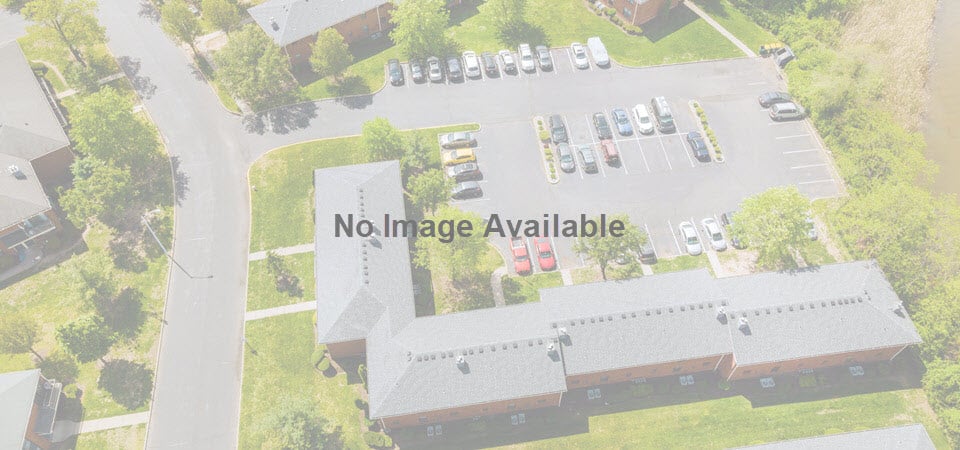Allard Square

Community Info

- Fair Housing & Equal
Opportunity Provider
Get Driving Directions to Allard Square
Type in your starting address and click the Get Directions button below.
What is the LIHTC Program?
The Low Income Housing Tax Credit (LIHTC) is a program designed to issue substantial tax credits to multifamily housing builders and owners in order to provide an incentive for them to acquire, rehabilitate, or construct rental housing for lower-income households. Funding for the LIHTC is more abundant than other programs so it represents one of the most important resources for creating affordable housing for low income households.
It is important to note that not all LIHTC properties are built for (or appropriate for) all seniors. Make sure to check with the community to ensure that it is a good fit for your specific needs.
Rent Based on Income
If a community bases its rents on the resident's income then the rent will be different for each apartment, typically about 30% of the monthly income. So, for example, if a renter's adjusted income is $1200 per month, rent would be around $300 - $400 per month.
If rent is not based on the resident's income then the rent is a fixed amount for each apartment. For most communities that do not base their rent on the resident's income but still participate in federal programs, the rent set will be far below the standard area rent prices.
Many of these communities will require that the resident not make over a certain amount in order to qualify.
How To Apply
It is not uncommon to not hear back from Affordable Housing Providers when leaving messages. Many property managers will float from one property to another and will have several communities that they are responsible for managing. If you are not successful with calling and submitting contact forms, you may find it more beneficial to visit the community in person to speak with the manager directly. If a manager is not available when you go by, try to ask a community resident if they know what days and hours that the manager normally keeps. if you can't go yourself, try to ask a relative or friend to go on your behalf.
Application Tips
- Please keep in mind that most communities will charge an application fee, typically between $25 and $50
- If you apply at several communities you will need to apply at each one separately and pay an application fee for each one separately.
- Application fees usually will need to be in the form of a money order, most communities will not accept cash or checks.
- Application Fees are not refundable
- You will need to speak with the manager at the community to find out what other information you will need to submit in order to apply. Most will require at least:
- Drivers License or state or government issued picture ID
- Copy of your Social Security Card
- Proof of ALL Income
- Bank Statements for ALL Accounts
- 3 Credit References
- 3 Personal References
- You will probably have to sign a release for a credit check and a criminal background check.




